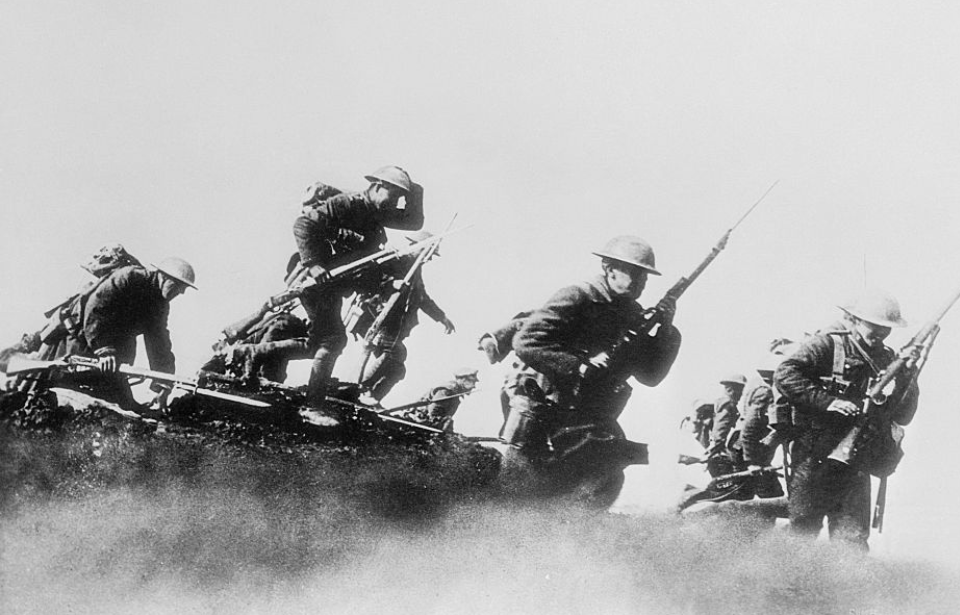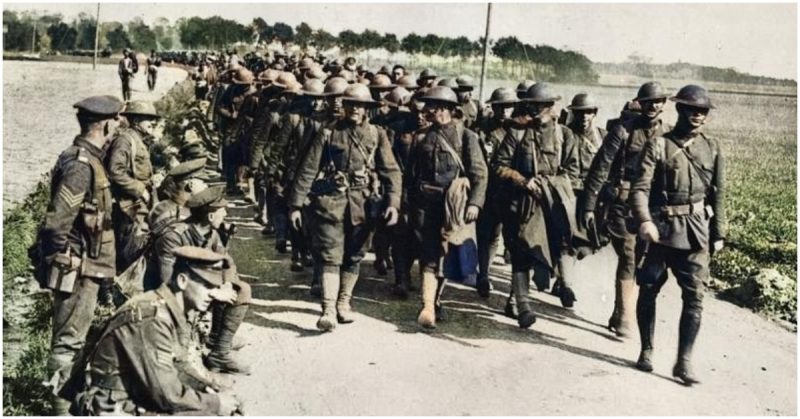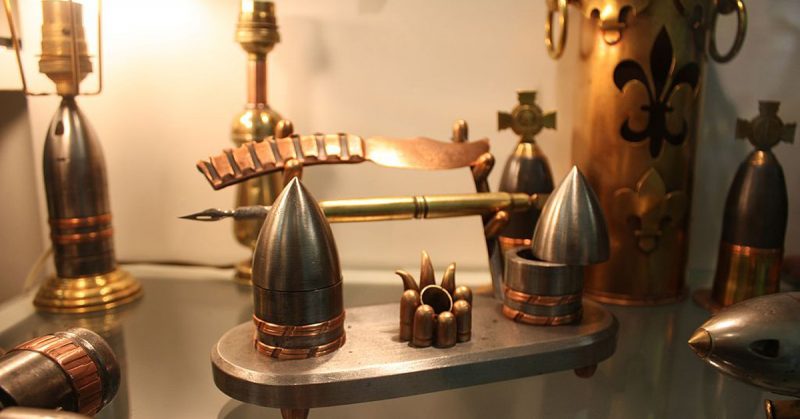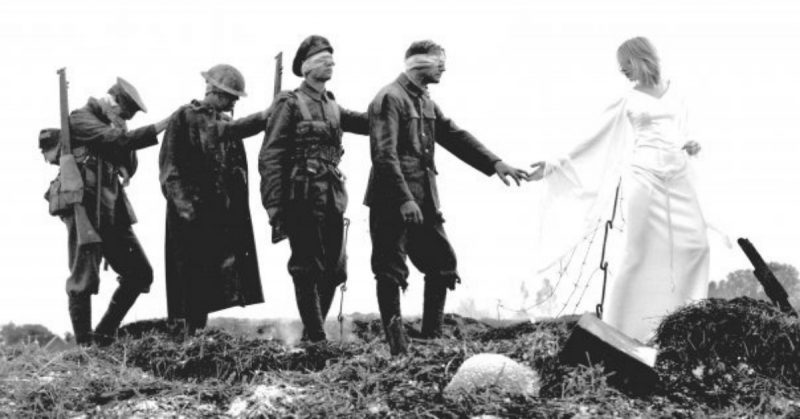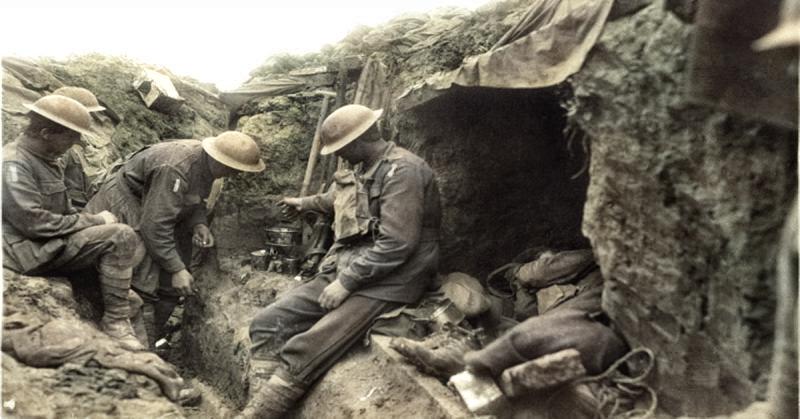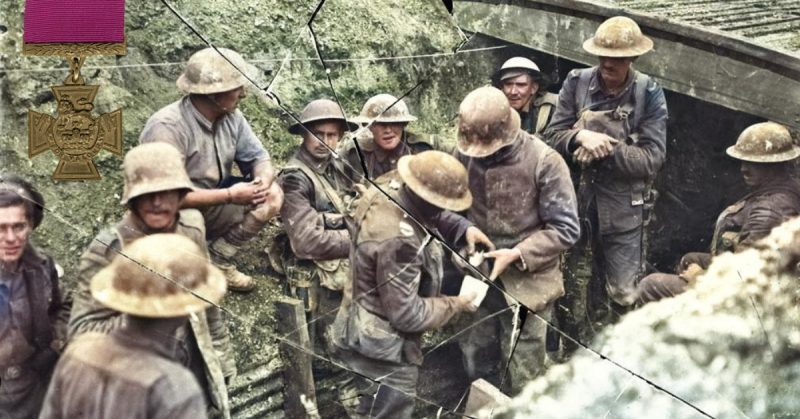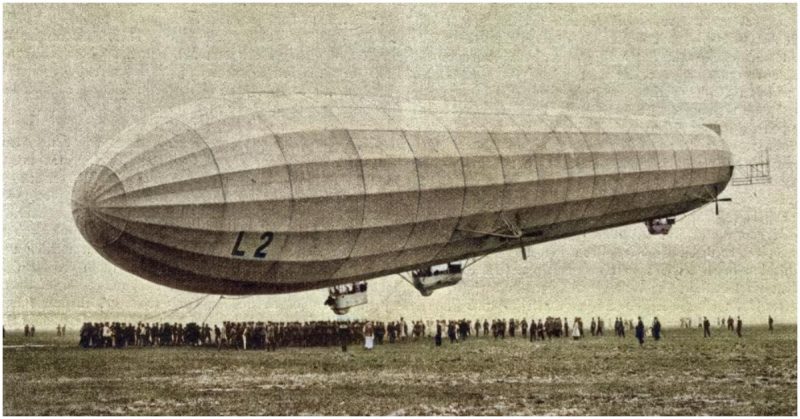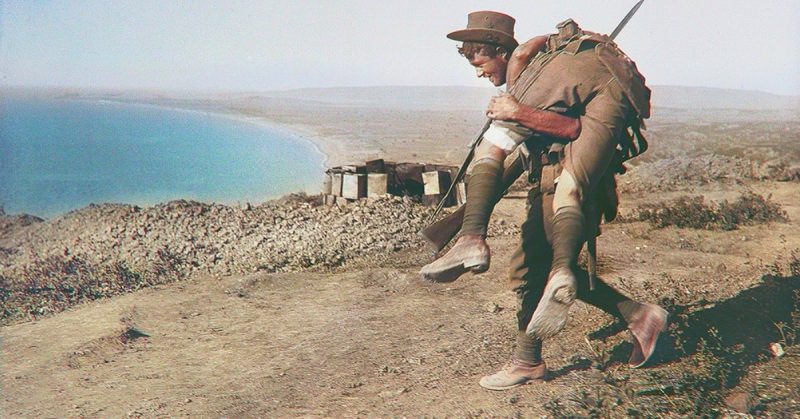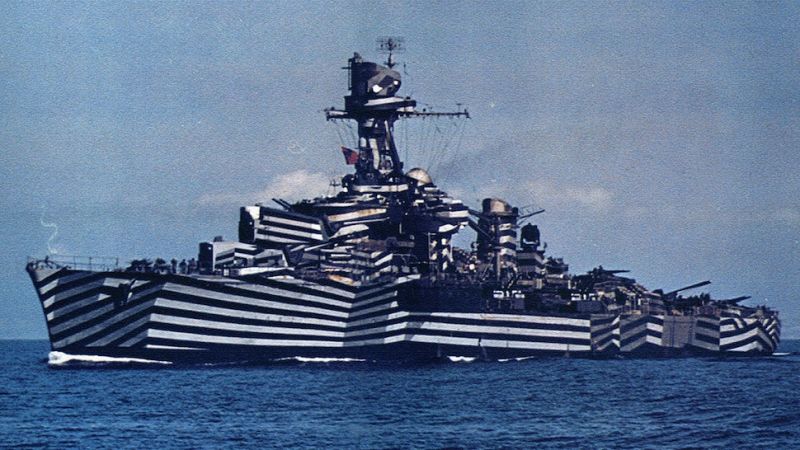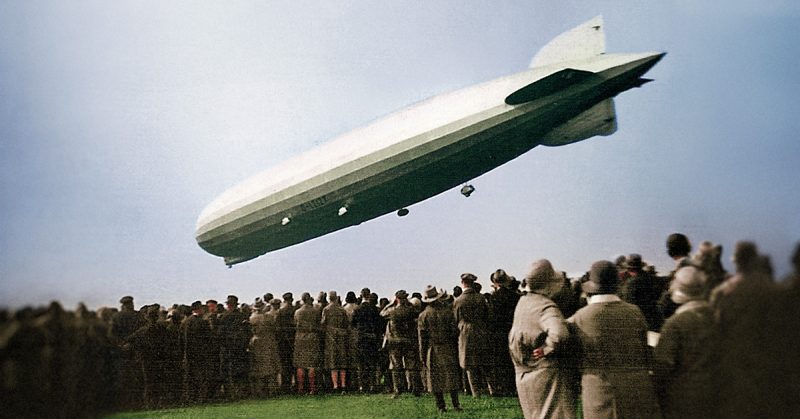The Last Great Cavalry Charge of WW1: The Jodhpur Lancers
During the late 1800s, the Jodhpur Lancers became one of the best-known and most glamorous regiments in India. During the First World War cavalry became…
Everyday Slang That Originated In the Trenches of World War I
The English language is constantly evolving, with new words being added all the time. This isn’t a new phenomenon, with terms and expressions from across…
From Conscientious Objector To Medal Of Honor War Hero
York’s battalion was charged with capturing a number of German machine gun positions situated on the other side of a valley. Rare is the pacifist…
Whittling Time Away: Trench Art of WWI
Ostensibly, artillery shells were supposed to be recycled, but their use as an artistic material kept their reuse for war efforts minimal. The scale of…
WWI And The Paranormal: Spooky Tales From The Trenches
Certainly, men who were rendered insane by shellshock sometimes wandered aimlessly about No Man’s Land, screaming incoherently or moaning. Whether you’re a believer in the…
No Artillery Support and a Casualty Rate of 75%: The Australians at Bullecourt WWI
Gough ordered 12 British tanks to precede the Australian advance, but many of them were either hit by German artillery of simply broke down. In…
When Six Canadians Were Awarded the Victoria Cross in a Single Battle in WWI
Fighting was often hand-to-hand and even took place underground in tunnels that had been dug in an abandoned chalk quarry. Last month, the Canadian War…
The Destruction of Zeppelin L-15 IN WWI
The anti-aircraft guns worked well. The first zeppelin felled in defense of the United Kingdom succumbed shortly after the emplacement of the anti-aircraft guns. The…
FROMELLES: Considered The Worst 24 Hours of Australia’s Military History
Nothing in Australian military history before or since has matched this murderous advance at the battle of Fromelles. Today, Fromelles in northern France is a…
ANZACS: The Australians & New Zealanders at Gallipoli, 1915
By the time the Australians left the Gallipoli theater, they had suffered 26,111 casualties, including 8,141 killed in action or dying of their wounds. Australia…
The Fantastic Idea of Dazzle Camouflage
Thanks to dazzle camouflage, submariners often made mistakes because they could not correctly identify the aforementioned data about the ship. Throughout military history, camouflage has…
Monsters of the Sky: The WWI Zeppelin Raids On Britain
Surprisingly each zeppelin was able to travel at around 80-90 mph and carry about two tons of bombs. Today, airships are only really used either…

